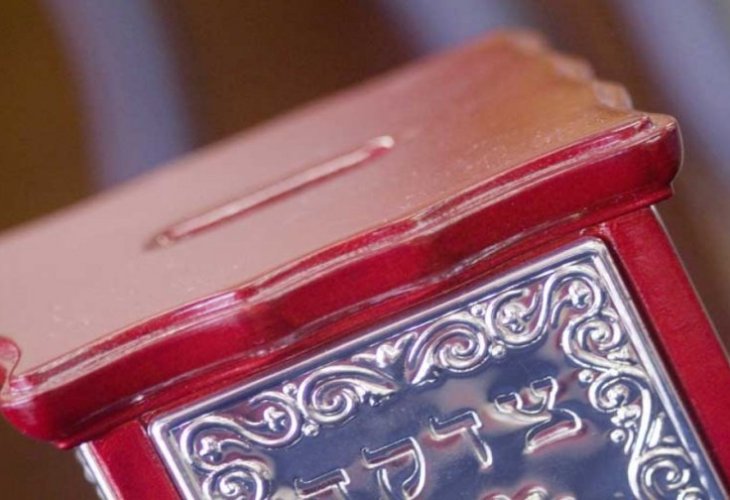Jewish Law
The Hidden Wisdom of Charity: Understanding True Poverty and Worthiness in Jewish Thought
How the Torah defines a truly poor person, what the Talmud calls an “unworthy” recipient, and why real charity is not just generosity but insight, compassion, and moral clarity

The Talmud in Bava Kama (16b) recounts that the Prophet Yirmiyahu (Jeremiah) suffered greatly from his generation, who refused to accept his prophecies about the approaching destruction of the Temple. In response, Yirmiyahu prayed that God would send before them unworthy poor people, so that when they gave charity, they would not earn the great spiritual reward usually associated with it.
The Maharsha (Commentary on Aggadot) explains that charity has the power to protect a person from punishment, as it says in Mishlei (21:14): “A gift in secret pacifies anger.”
Yirmiyahu therefore prayed that his persecutors would be denied this spiritual protection — that their acts of giving would not shield them from divine judgment.
Who Qualifies as “Poor”?
The Mishnah (Pe’ah 8:8) defines an “ani” (poor person) as someone who possesses less than 200 zuz, an amount sufficient to sustain oneself for a year. One who owns 200 zuz is not permitted to collect agricultural gifts such as leket (gleanings), shichecha (forgotten sheaves), pe’ah (corner of the field), or charity.
In today’s terms, this amount is only a few hundred shekels — meaning that if we defined poverty strictly by that measure, hardly anyone would qualify as poor! Moreover, the agricultural laws of charity no longer function as they once did; the poor of our generation do not go out to the fields to collect pe’ah or leket, and their opportunities for sustenance are far fewer.
Modern Halachic Definition of Poverty
The Shulchan Aruch (Yoreh De’ah 253:2), citing the Vilna Gaon, rules that in our times — when agricultural gifts are no longer available, anyone who lacks sufficient funds for basic living expenses is considered poor and may accept charity.
The Rambam (Laws of Gifts to the Poor 7:4) adds that even someone who can cover food expenses but has no place to live may rightfully receive charity for housing.
Throughout history, great rabbinic authorities have attempted to define the minimum standard of livelihood for their time and place. For example, the Chatam Sofer (Yoreh De’ah 239) ruled — after a fire destroyed an entire town, that one who travels from village to village to earn a living but cannot sustain himself with less than 200 gold coins qualifies as poor and may receive charity.
Who Is an “Unworthy Poor Person”?
Now that we understand who qualifies as poor, what does the Talmud mean by “unworthy poor people” (ani she’eino hagun)?
The Gilyonei HaShas and Meromei Sadeh (on Kiddushin 36a) explain that an “unworthy poor person” is not only a wealthy person pretending to be poor, but also a poor person who behaves unethically or sinfully.
Rabbeinu Yonah (quoted in Gilyonei HaShas) writes that giving charity to such a person still earns some reward, because the donor’s intent was for a mitzvah. However, Meromei Sadeh adds that Yirmiyahu's prayer referred to fraudsters — those who pretend to be poor but are not. Giving to them yields no merit at all, since the act was based on falsehood.
The Wisdom of the Brisker Rav
A story is told about Rabbi Yitzchak Zev Soloveitchik (the Brisker Rav): Once, a man approached him asking for charity. To everyone’s surprise, the Rav refused to give him anything. After the man left, his students asked why.
The Rav replied: “The man’s arrogance was written on his face. As the verse says (Mishlei 18:23): ‘The poor man pleads with supplications, but the rich man answers harshly.’”
A truly needy person speaks with humility and brokenness; arrogance often betrays a lack of genuine need

